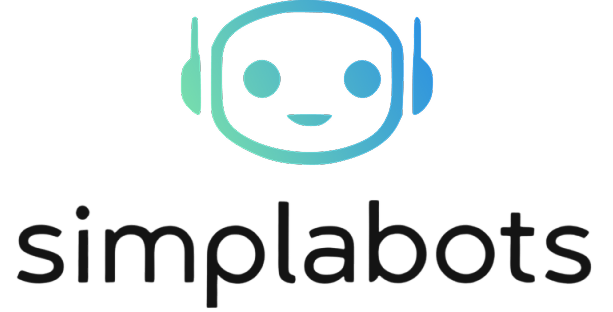AI continues to reshape how organizations gather and leverage data, especially as privacy concerns and corporate silos restrict information access.
A new wave of platforms like Mercor is empowering AI labs to bypass traditional data roadblocks, driving innovation in LLMs and generative AI applications.
Key Takeaways
- AI labs increasingly turn to platforms like Mercor to access proprietary, non-public datasets for advanced model training.
- Mercor operates as a data marketplace, bridging gaps when companies hesitate to directly share sensitive data with outside AI developers.
- This trend raises fresh questions about data ethics, access controls, and competitive advantage in the generative AI sector.
- Developers, startups, and AI professionals gain new channels for high-quality data, but must carefully navigate compliance and IP boundaries.
AI’s New Data Supply Chain
The rise of large language models (LLMs) and generative AI has escalated demand for diverse, real-world datasets. However, companies often restrict data access due to privacy regulations, competitive concerns, or contractual obligations.
Mercor, per the TechCrunch report, facilitates exchanges where organizations can sell or license datasets to vetted AI labs under secure, trackable conditions.
“Mercor provides a crucial intermediary function—making data that would otherwise be locked away available for legitimate, innovative AI development.”
Implications for Developers and Startups
For developers, Mercor and similar marketplaces mean quicker access to high-quality, hard-to-source data—fuel for building and tuning LLMs, chatbots, and custom AI agents.
Startups no longer need exclusive partnerships or costly internal pipelines to enhance their AI offerings. More open, auditable data transactions also level the playing field for smaller entrants battling AI giants.
“Access to specialized, real-world data is now a key differentiator for competitive AI products—not just model architecture.”
New Challenges in Data Ethics and Compliance
The growing trade in sensitive datasets puts increased scrutiny on how AI labs manage data governance. According to reporting from Axios and VentureBeat, Mercor implements strict protocols:
- Automated vetting and auditing of buyers and sellers to reduce legal risks
- Granular access controls to prevent misuse or unauthorized sharing
- Clear contractual frameworks around data rights, compensation, and liabilities
Still, generative AI professionals must remain vigilant—public trust and regulatory oversight continue to tighten, especially in sectors like finance, health, and education.
The Road Ahead for Generative AI Data Marketplaces
As the market for AI models and applications matures, streamlined, ethical access to varied training data will define which players lead or lag.
With platforms like Mercor gaining traction, expect accelerating innovation but also heightened debate on where to draw the line between data openness, security, and sovereignty.
“The next breakthroughs in artificial intelligence will hinge on quality, variety, and ethical stewardship of data—not just bigger neural nets.”
Analysts predict companies that both protect sensitive information and enable responsible sharing will set the standard for the next era of generative AI.
Source: TechCrunch











